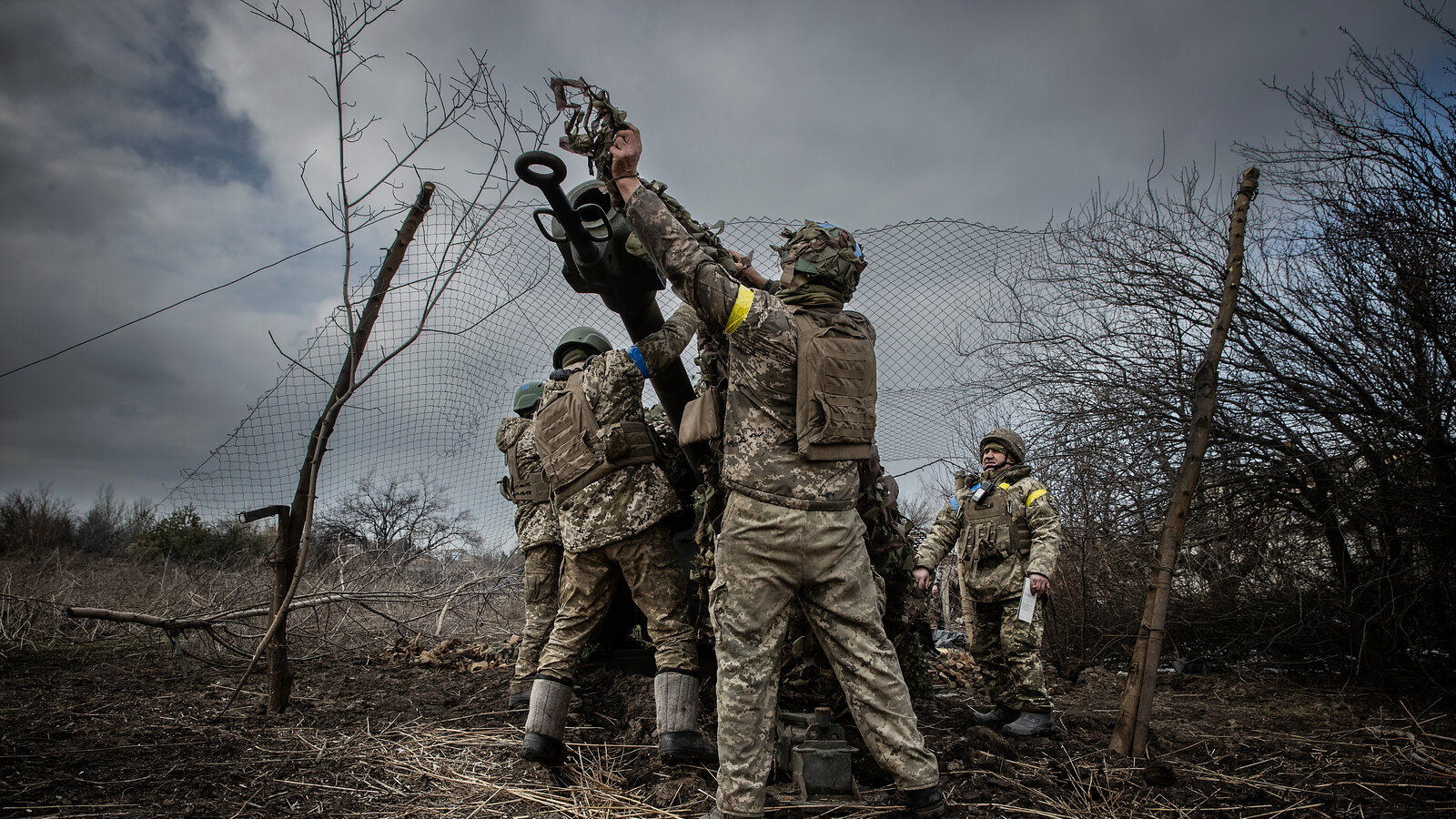Since its inception, the Russia-Ukraine war has significantly influenced global markets, with the foreign exchange (forex) market being one of the most affected. As the largest and most liquid financial market in the world, forex is particularly sensitive to geopolitical events. This blog post delves into the multifaceted impact of the ongoing conflict on forex markets, exploring how it affects currency values, investor behavior, and market volatility.
1. Geopolitical Tensions and Currency Volatility
Geopolitical tensions, like those stemming from the Russia-Ukraine war, can lead to increased volatility in currency markets. Investors often seek safe-haven assets during periods of geopolitical uncertainty. This has led to significant fluctuations in currency values as traders adjust their positions in response to news and developments.
- Safe-Haven Currencies: Historically, currencies such as the Swiss Franc (CHF) and the US Dollar (USD) are considered safe havens. As the conflict escalated, demand for these currencies surged, leading to appreciation against other major currencies.
- Emerging Market Currencies: Conversely, currencies from emerging markets, particularly those in regions with close economic ties to Russia or Ukraine, have experienced depreciation. The Russian Ruble (RUB) and the Ukrainian Hryvnia (UAH) have faced severe declines due to sanctions and economic instability.
2. Economic Sanctions and Currency Impact
Economic sanctions imposed on Russia by Western nations have had a profound impact on the forex market. These sanctions, aimed at isolating Russia from the global financial system, have led to several key effects:
- Russian Ruble (RUB): The RUB experienced a sharp decline in value as sanctions restricted Russia’s access to international financial markets and limited its ability to trade in foreign currencies. This depreciation was further exacerbated by capital flight and decreased investor confidence.
- Inflation and Trade Imbalances: The sanctions have disrupted trade flows, leading to inflationary pressures within Russia and its trading partners. This has impacted currency values, as inflation can erode purchasing power and affect interest rates and monetary policies.
3. Oil and Commodity Prices
The Russia-Ukraine war has also influenced global oil and commodity prices, which in turn affects forex markets:
- Oil Prices: Russia is a major oil exporter, and the conflict has led to fluctuations in global oil prices. As oil prices rise or fall, currencies of oil-exporting countries (e.g., the Canadian Dollar, CAD) experience corresponding movements. Higher oil prices can strengthen these currencies, while lower prices can weaken them.
- Commodity-Linked Currencies: Currencies of countries heavily reliant on commodity exports have seen fluctuations in value due to changes in global commodity prices. For example, the Australian Dollar (AUD) and the Norwegian Krone (NOK) have experienced volatility linked to shifts in commodity prices driven by the conflict.
4. Investor Sentiment and Forex Market Trends
Investor sentiment plays a crucial role in forex markets during geopolitical crises. The Russia-Ukraine war has influenced market trends in several ways:
- Flight to Safety: In times of uncertainty, investors often shift their assets to perceived safe-haven currencies and assets. This shift can lead to increased demand for currencies like the USD and CHF, driving up their value.
- Market Speculation: The forex market is also driven by speculation and anticipation of future events. Traders may make bets on potential outcomes of the conflict, leading to further currency fluctuations based on their expectations.
5. Central Bank Policies and Currency Stability
Central banks play a critical role in stabilizing their national currencies amidst geopolitical turmoil:
- Interest Rate Adjustments: Central banks may adjust interest rates in response to economic conditions affected by the conflict. For example, if inflation rises due to the war, a central bank might increase interest rates to stabilize the currency.
- Foreign Exchange Reserves: Countries with substantial foreign exchange reserves can use these reserves to stabilize their currency and counteract depreciation. The effectiveness of such interventions depends on the scale of the conflict and the reserves available.
Conclusion
The Russia-Ukraine war has had a profound impact on forex markets, influencing currency values, investor behavior, and global economic stability. Geopolitical tensions lead to heightened volatility and shifts in investor sentiment, affecting safe-haven currencies and those tied to commodities. As the conflict evolves, the forex market will continue to react to new developments, making it essential for investors to stay informed and adapt their strategies accordingly.
Understanding these dynamics can help traders and investors navigate the complexities of forex markets during times of geopolitical uncertainty. As always, staying updated with current events and market analysis is crucial for making informed decisions in the ever-changing world of forex trading.


I’m extremely impressed together with your writing skills and also with the layout in your weblog. Is this a paid theme or did you modify it your self? Anyway keep up the nice high quality writing, it’s uncommon to peer a nice weblog like this one these days!
Your comment is awaiting moderation.